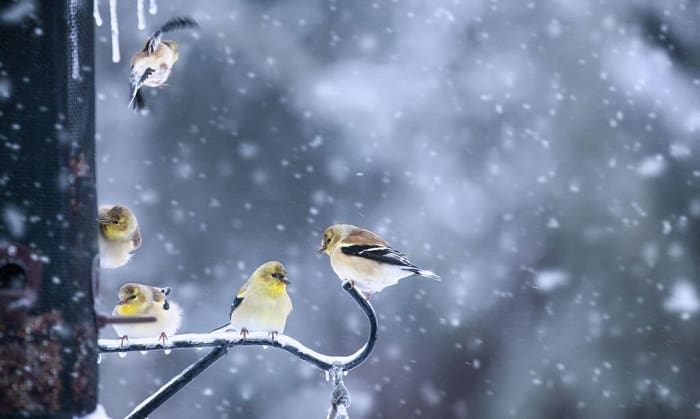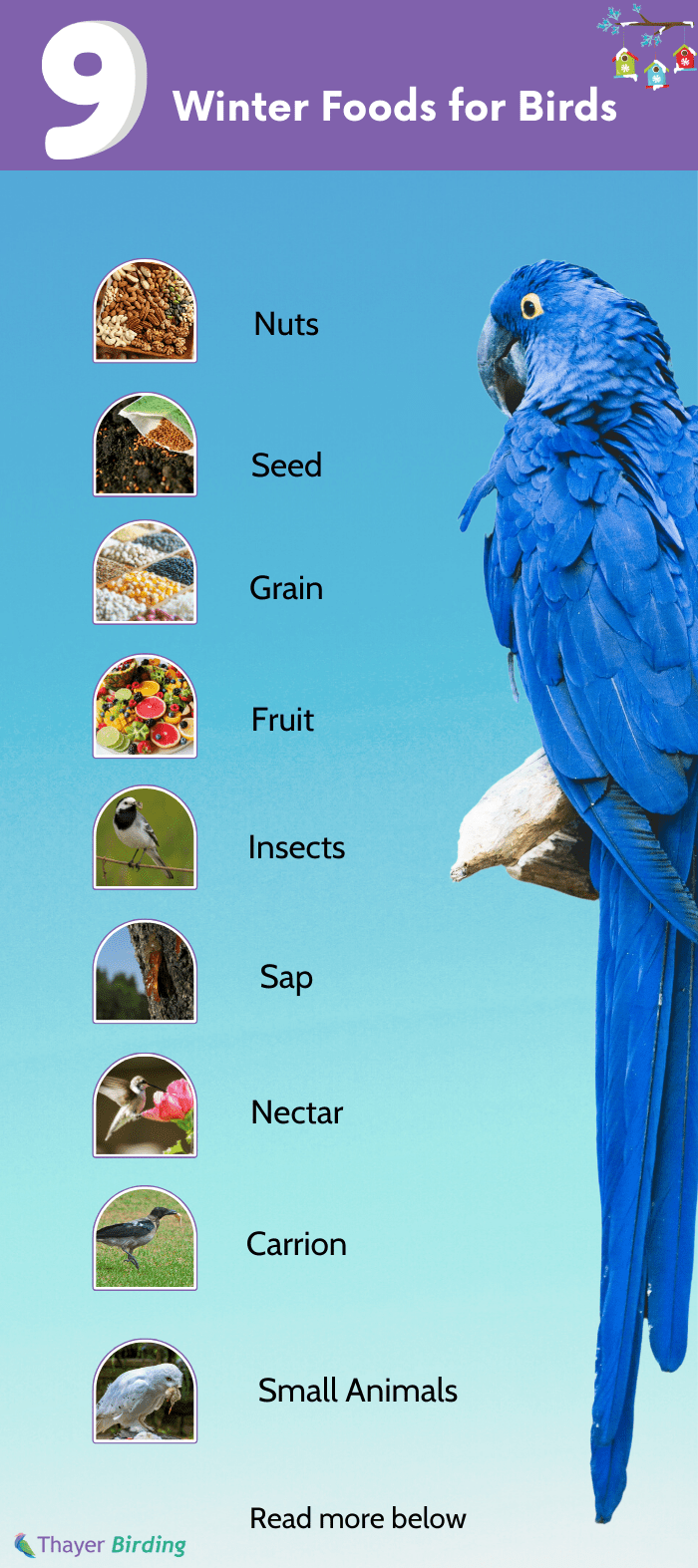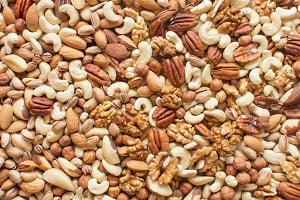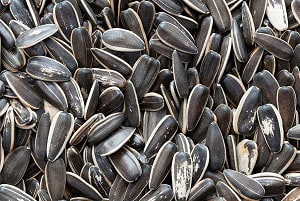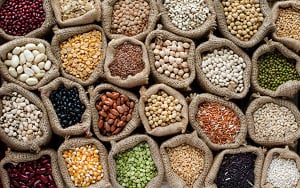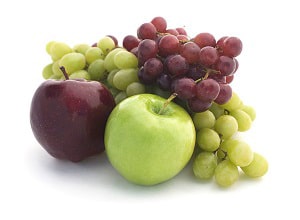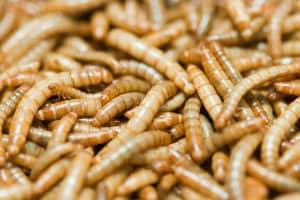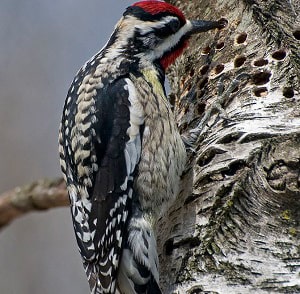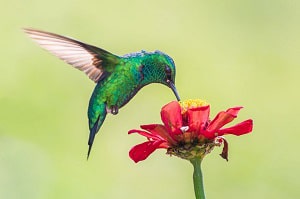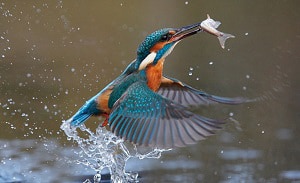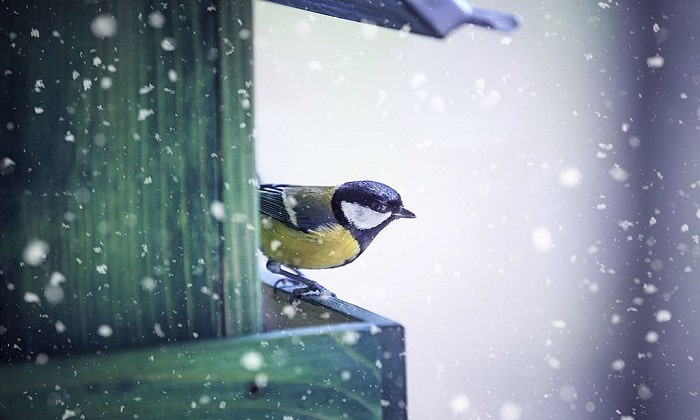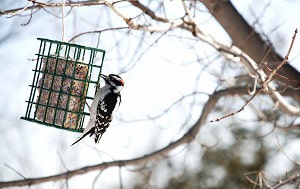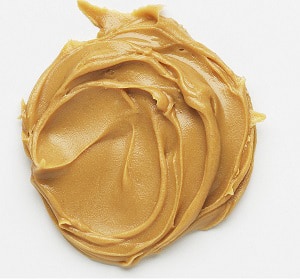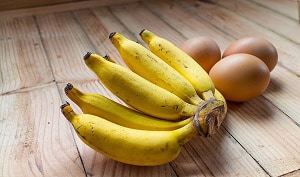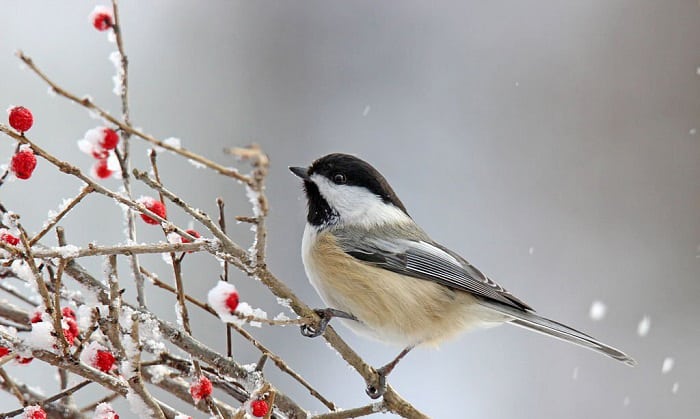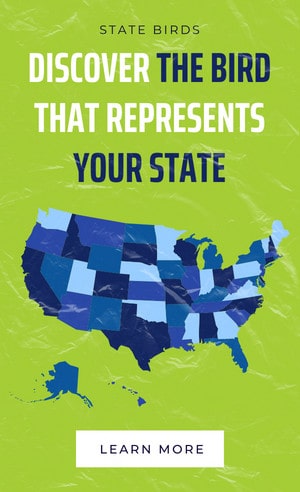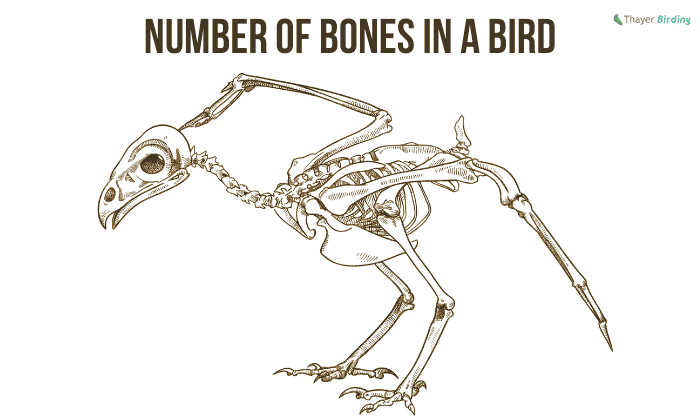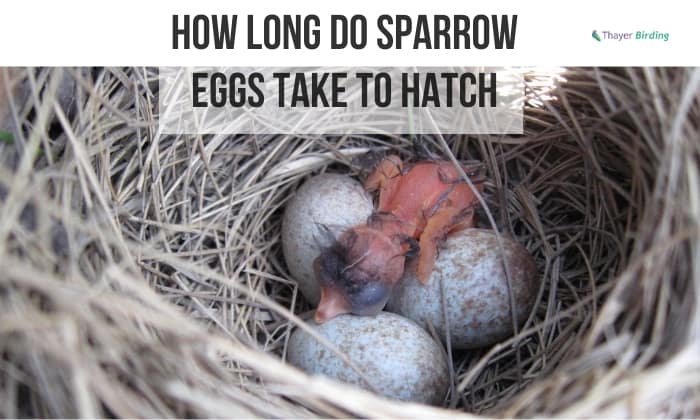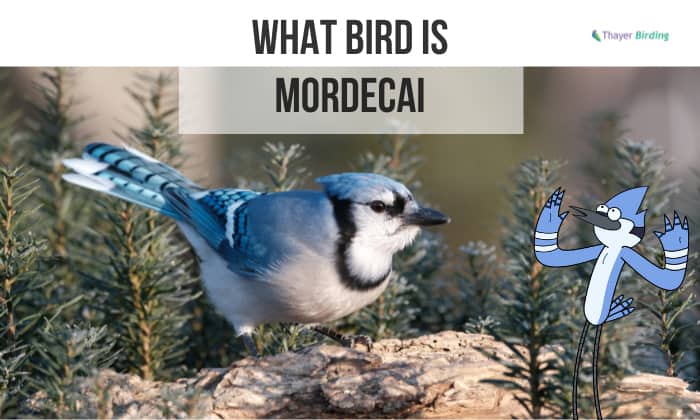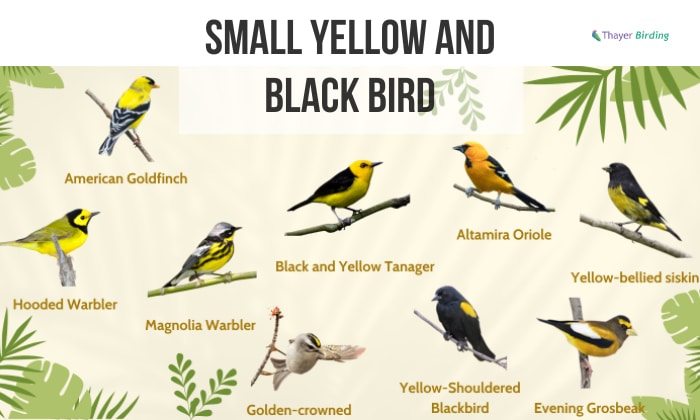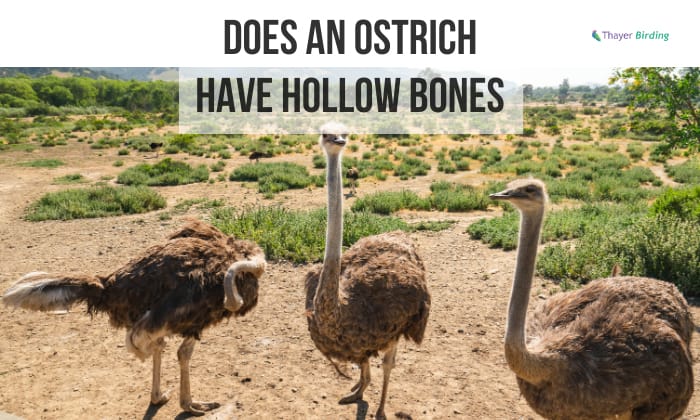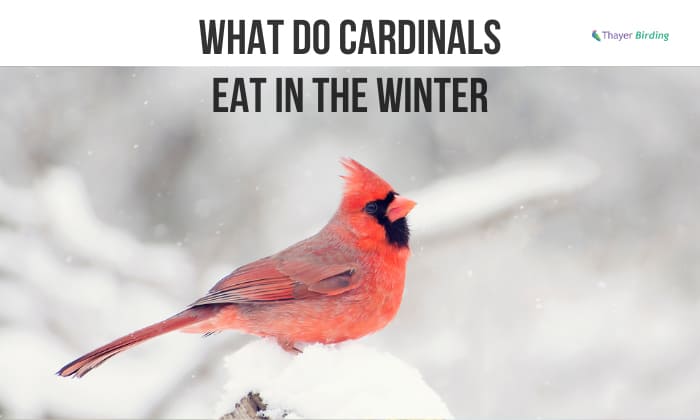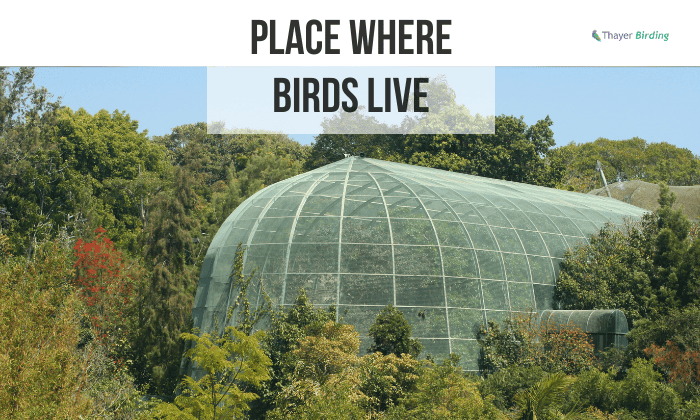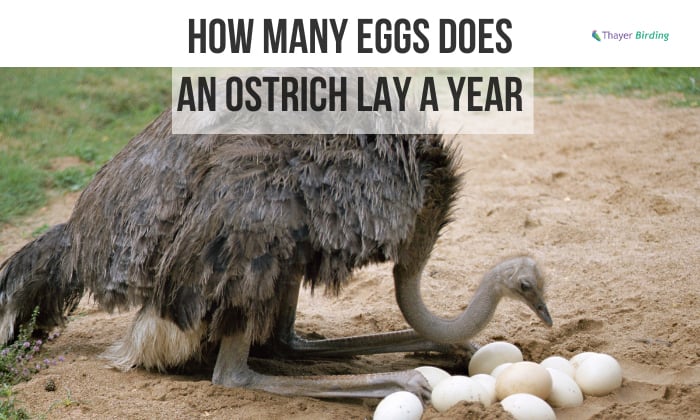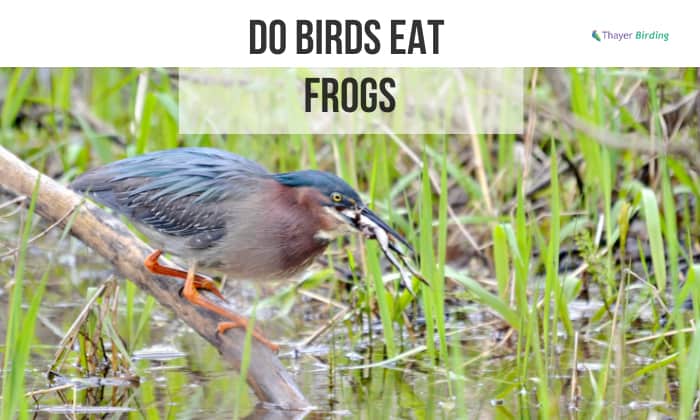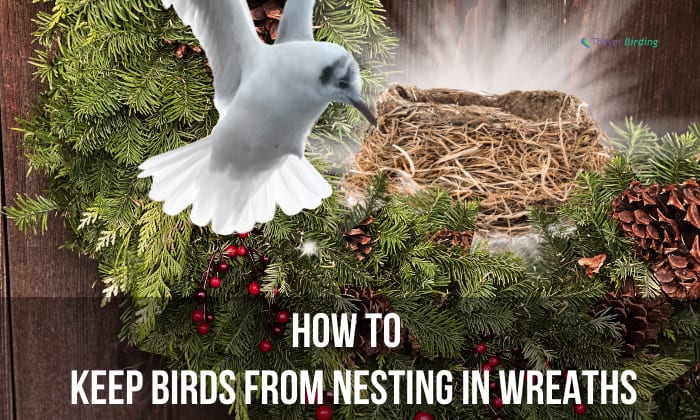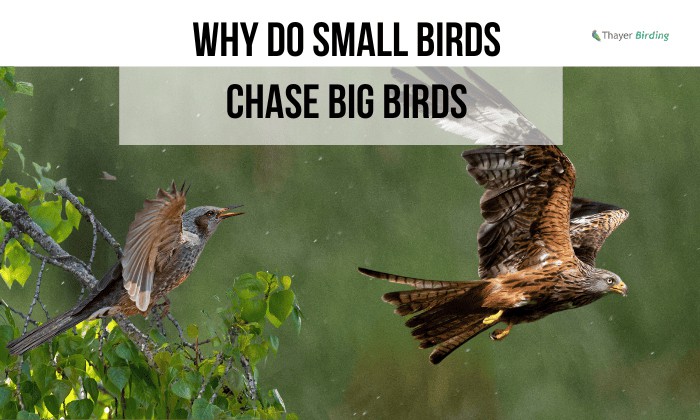Many bird species migrate to warmer areas before the cold months. But several wild birds are left behind to forage. You might ask, “what do birds eat in the winter?” Many of them store food during the late summer and fall, and they also survive by dining in birdfeeders.
If you want to feed winter birds in your neighborhood, it is crucial to know what sparrows eat in the winter and what goes in their diet during the freezing temperature. They mostly eat food that is high in fat like nuts, seeds, grain, fruit, insects, sap, nectar, carrion, and small animals.
Table of Contents
What Do Birds Eat in the Winter
The standard food for birds in winter is high in fat. Here is a list of bird foods types wild birds eat during the winter months.
1. Nuts
Nuts contain essential protein, vitamins, and fats making them an important food source for overwintering birds. Some of the most popular food sources are fallen nuts, such as beechnuts, peanuts, almonds, and acorns.
2. Seed
Many plants can keep their mature seed heads through the winter, and others often fall under the plants or leaf litter and are easy for birds to reach since the snow is not too deep. Seeds like black oil sunflower, squash seeds, and safflower have high-fat content that can help your feathered friends get through the cold winter months.
3. Grain
Wild birds forage in agricultural seeds for spilled grains, such as millet and corn, after a fall harvest. Grains are valuable for many birds’ diets since it contains minerals, magnesium, calcium, fiber, vitamins, fats, and protein.
4. Fruit
While many fresh fruits are available in many winter areas, birds are less likely to have access to them. However, there are often some leftovers on bushes and trees after the harvest. Birds take advantage of these, and they love grapes, apples, raisins, blueberries, and cherries.
5. Insects
Birds are having difficulty with fewer insects flying around and many of them being dormant. They check tree barks hoping to find hidden snow bugs and mealworms that are critical protein sources.
6. Sap
Many species of woodpeckers love tree sap, and you will find them drilling deep into tree barks to sip the tasty treat. Other bird species ingest from the same drilled hole.
7. Nectar
Hummingbirds, in particular, like to feed on nectar from hanging feeders in the winter. There are also many blossom flowers that produce nectar throughout the year.
8. Carrion
Winter can be harsher for other animals. Some of them turn into carrion that some bird species like bald eagles and ravens feed on.
9. Small Animals
Birds can also be deadly hunters, especially the invasive ones, including the peregrine falcon and common buzzard. They prey on smaller birds, voles, mice, and fish in order to survive the cold winter months.
How Do Birds Find Food in the Winter
While there is no shortage of food sources for winter birds, it can be challenging to seek them due to the harsh weather conditions. What wild birds eat in the winter are often already caught foods that they have beeing storing up during the later summer and autumn.
Overwintering bird species are nomadic. They travel and move from one place to another to find quality food sources and when the food supply has been depleted.
Birds have perfect memory and can recall where they found food sources last winter. They revisit and check the same areas and nearby for food. That is why putting up a bird feeder in the winter is a great way to attract wild birds to your backyard.
What You Can Feed to Overwintering Birds
Birds need extra energy to deal with the cold temperature, and they can get this from foods that contain high levels of fat and oil. Consider filling your birdfeeders with the following:
1. Suet
Suet is the primary source of fat that is easily accessible and available in local stores where bird seeds are sold. This is an excellent source of high fat, making it a favorite of many bird species. You can get several varieties, including one with seeds or fruits.
2. Peanut Butter
Chickadees, wrens, nuthatches, and creepers love peanut butter. Aside from helping them survive through the winter, it is an excellent source of calcium, magnesium, iron, and potassium.
3. Mixed Seeds
Seed mixes offer variety but if you plan on filling your bird feeder for the winter, opt for a birdseed mix with white proso millet. It is also good to include peanut chips, cracked corns, black oil sunflower, and cracked corns in the mix.
4. Human Food
Some food you have in your kitchen can be a superb food for birds during the winter. This includes melon, potatoes, bananas, eggs, peas, raisins, eggshells, and sometimes even pet food.
Keep Birds Well Feed in the Winter
Hanging a bird feeder in your garden is a good way of feeding birds and squirrels in winter. It will significantly increase their chances of survival when you do it properly with the following tips.
1. Quality Birdfeed
The best and freshest food you can get your hands on is the first step to ensuring that wild birds are well-fed. Find a birdseed mix that can cater to a wide variety of species. Steer clear of cheaper brands and those on clearance sales since they often contain fillers and are past their prime. Also, make sure to clean empty feeders before refilling them.
2. Several Food Options
If there are several species of birds in your area, it is crucial to have several types of feeders with different food options. Don’t forget to hang the feeders at varying levels to prevent negative interaction and overcrowding, as well.
3. Fresh Water
Finding a water source in the winter is also a challenge for birds. That is why birdbaths are a must if you have feeders in your garden, and it will let the birds perch for a drink and a quick bath.
4. Ideal and Safe Location
You can attract wild birds if your feeder is placed in a location that is easy to find. A few feet away from bushes and trees is ideal as it provides a natural cover in case of an ambush. In addition, it should be away from predators like raccoons and snakes.
Conclusion
Now that you know the answer to what do birds eat in the winter, you can better prepare to feed them. It will ensure that your efforts can benefit the birds in your area. With additional information on how they seek food and how to keep them well-fed, everyone can be happy in the cold months.
Do you feed birds in the winter? If yes, what food do you give them? How was your experience? If you have some helpful tips to add or interesting information to share, comment them below for us to read. We always love hearing from our readers!

George and I became friends after a birdwatching trip with our new group. And we have been enjoying every adventure together. When he told me the idea of establishing a site that shares our experiences and fun, I immediately agreed. After trials and errors, here we have Thayerbirding.


